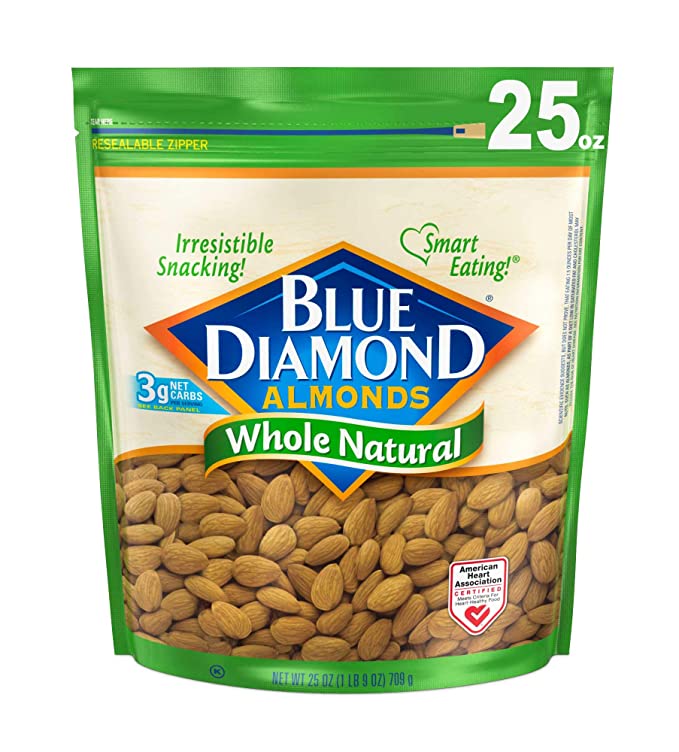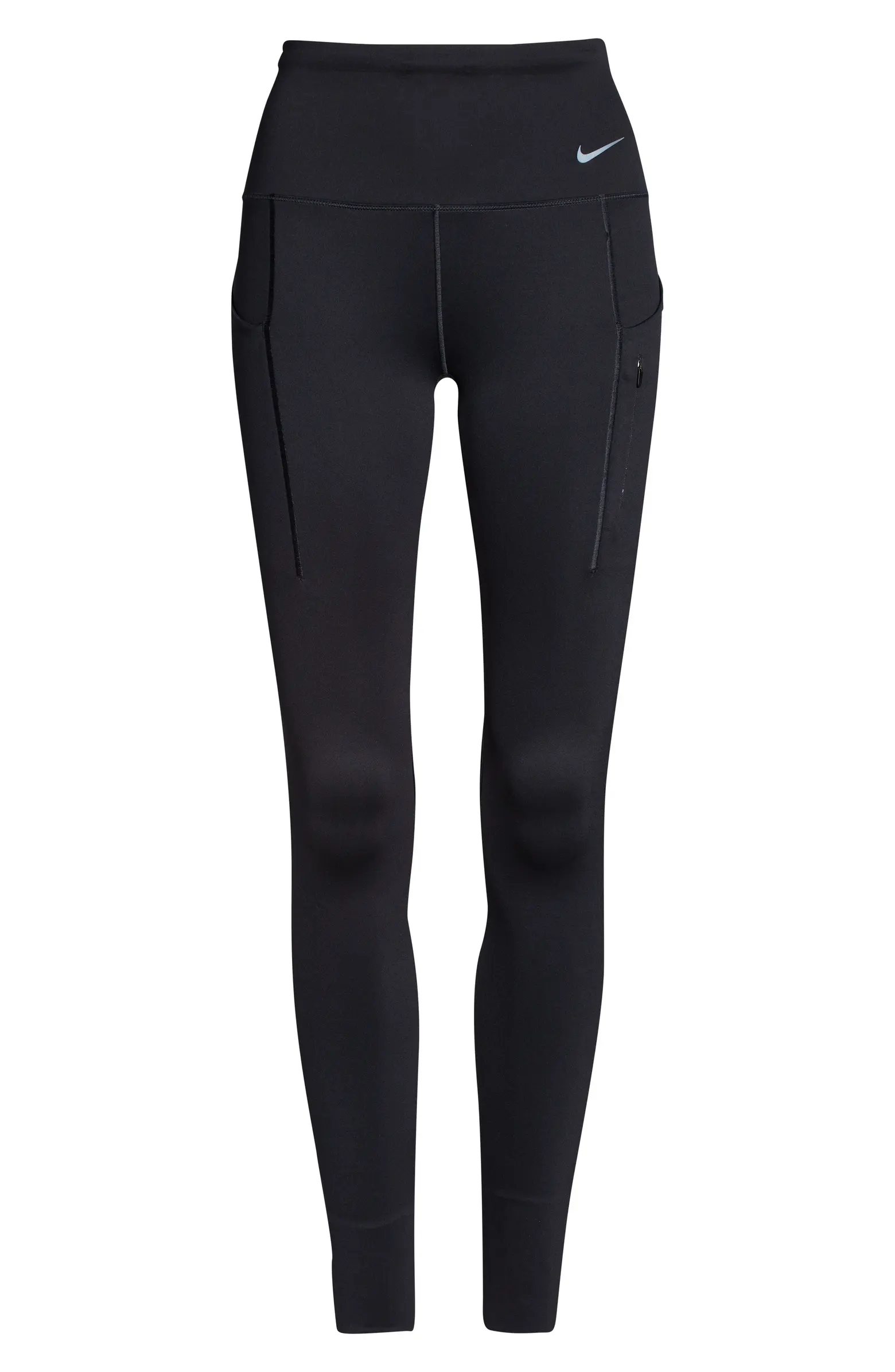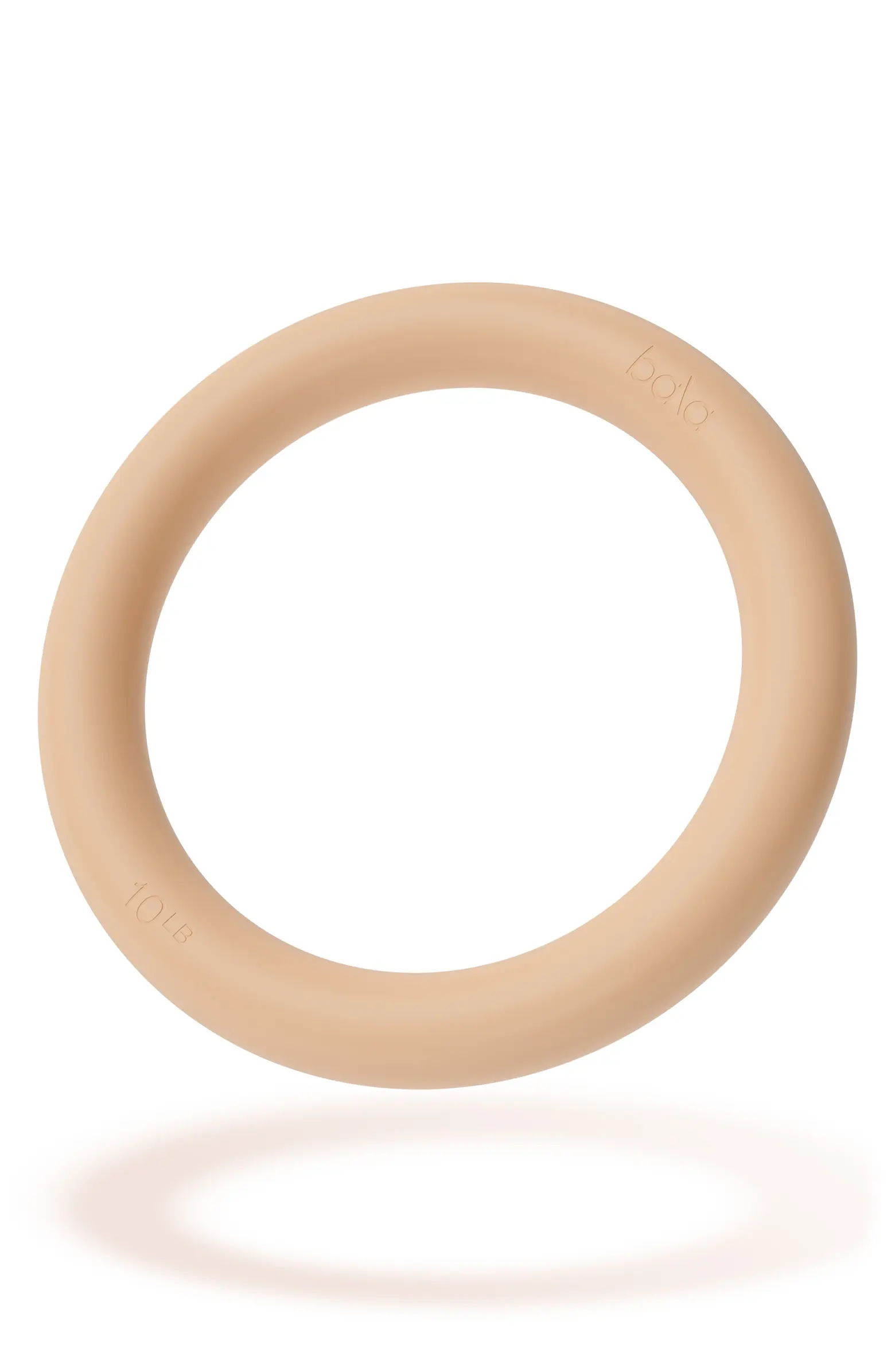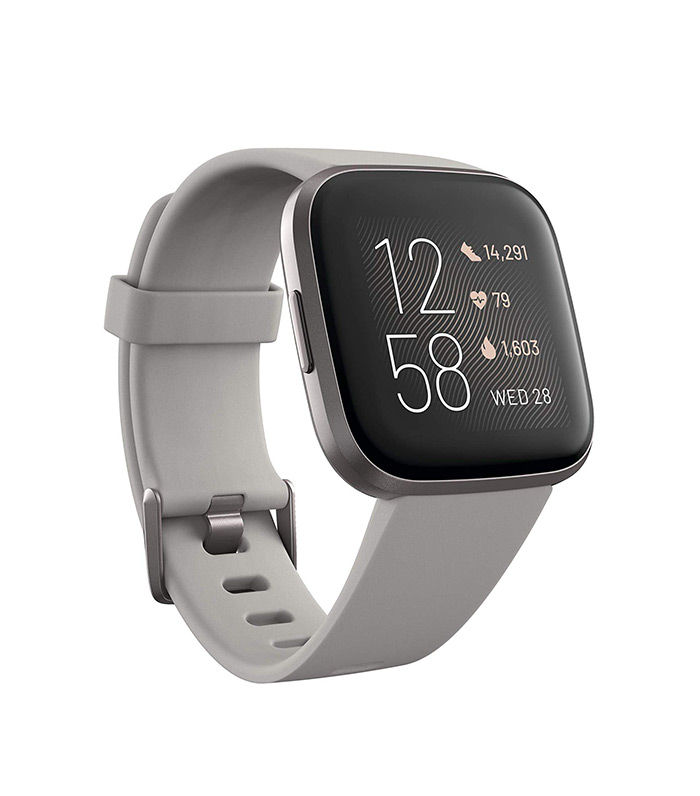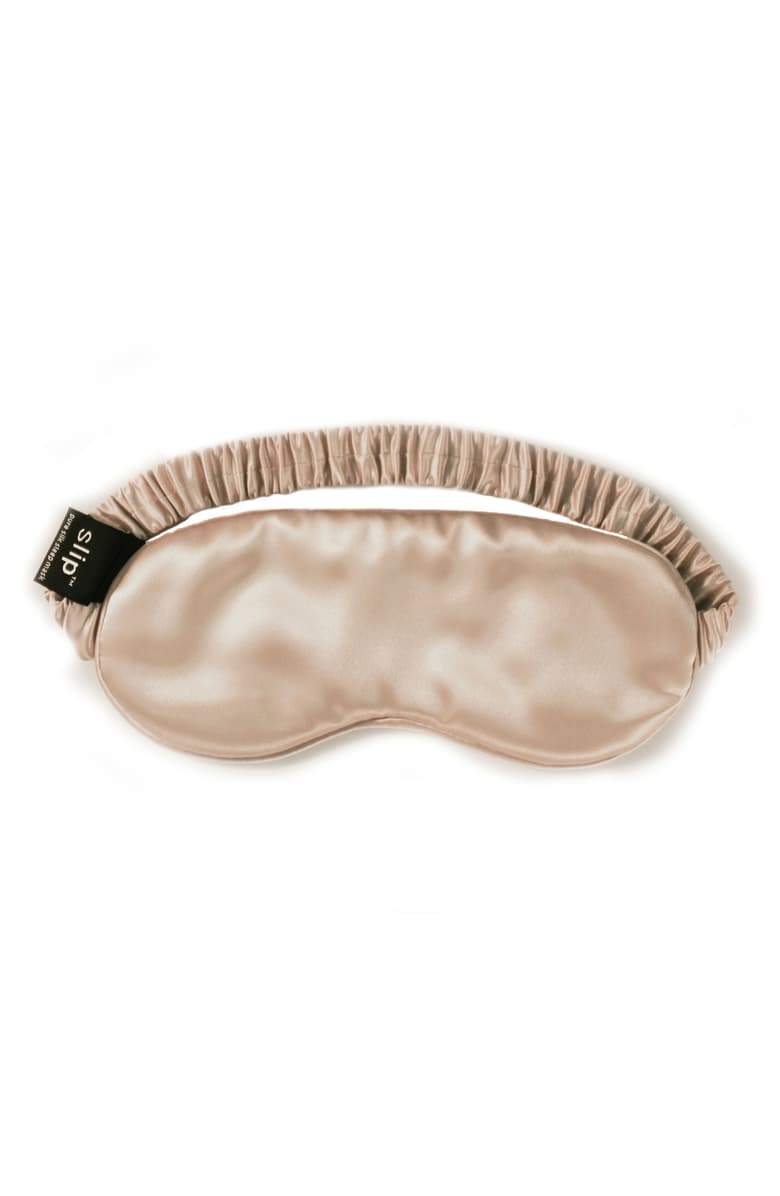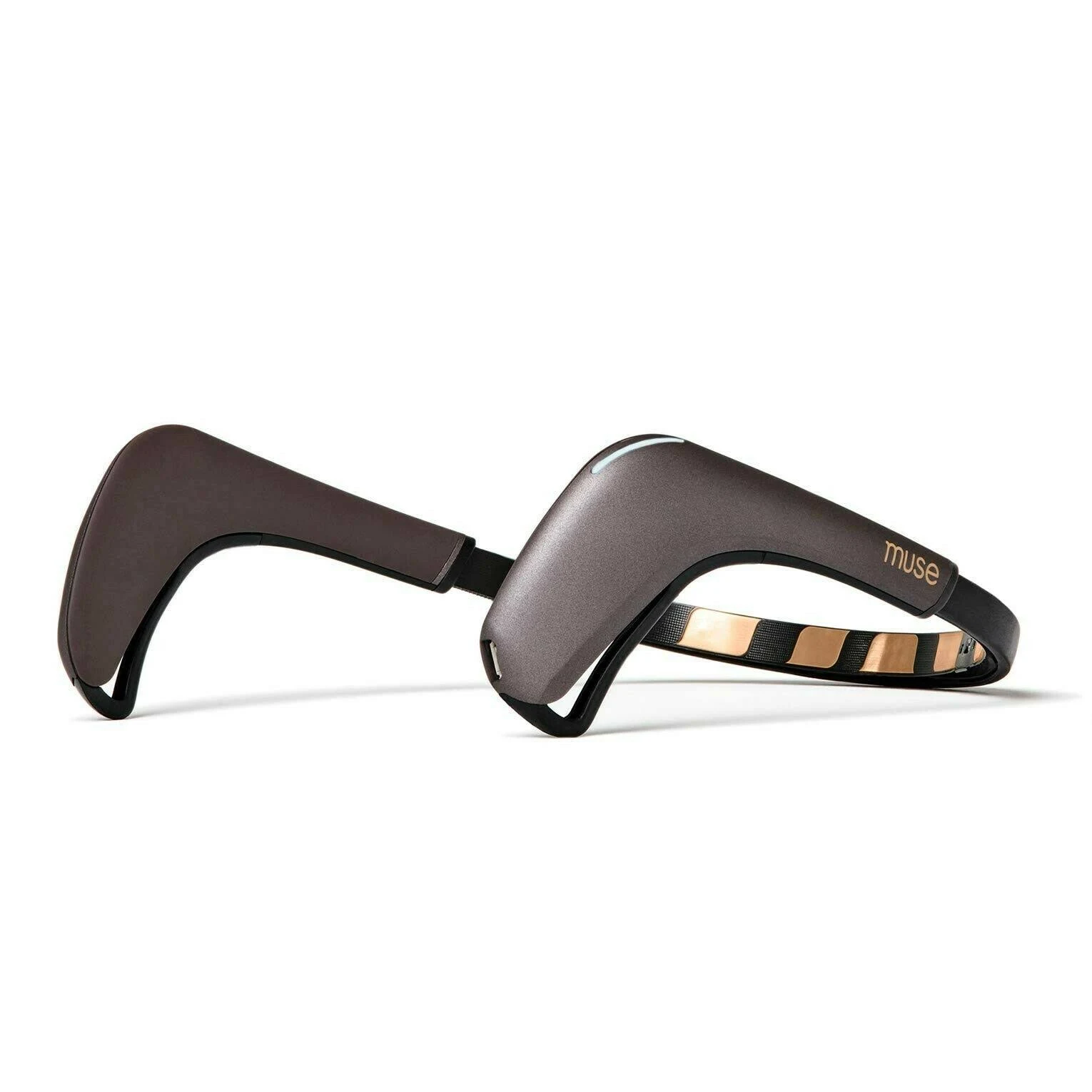9 Habits a Cardiologist Wants You Take Up for a Healthier Heart

We don't have to tell you how important your heart is—it's what, to put it bluntly, keeps you from not dropping dead. And if you want to live a long and healthy life, how you treat your heart is key. This is especially important for women, as the Centers for Disease Control and Prevention state that heart disease is the leading cause of death for women in the United States—299,578 women died from it in 2017, which the CDC estimates is about one in every five female deaths. Some risk factors for heart disease include diabetes, diets high in saturated fats and cholesterol, family health history, obesity… The list goes on and on.
So now that we've thoroughly scared you (TBH, it scared us too), we're going to reassure you by saying that there are things you can do right now that can help keep your heart healthy for years and years. We asked Jennifer Haythe, MD, director of Columbia University's Cardio-Obstetrics program, for tips on what to do. A lot of what she had to say isn't exactly rocket science, and it's things you probably already know you should be doing. Now, whether you do it or not, that's another story. "In general, I like to say that when it comes to lifestyle choices that are good for your heart, use common sense," she says. So what are these common sense habits? See below.
1. Eat a Healthy, Balanced Diet

This pretty much goes without saying—and we've covered the foods you should and shouldn't eat previously—but it doesn't hurt to repeat. "Eat a healthy, Mediterranean diet rich in fish, legumes, fruits and vegetables, nuts, and olive oil," Haythe recommends.
2. Exercise
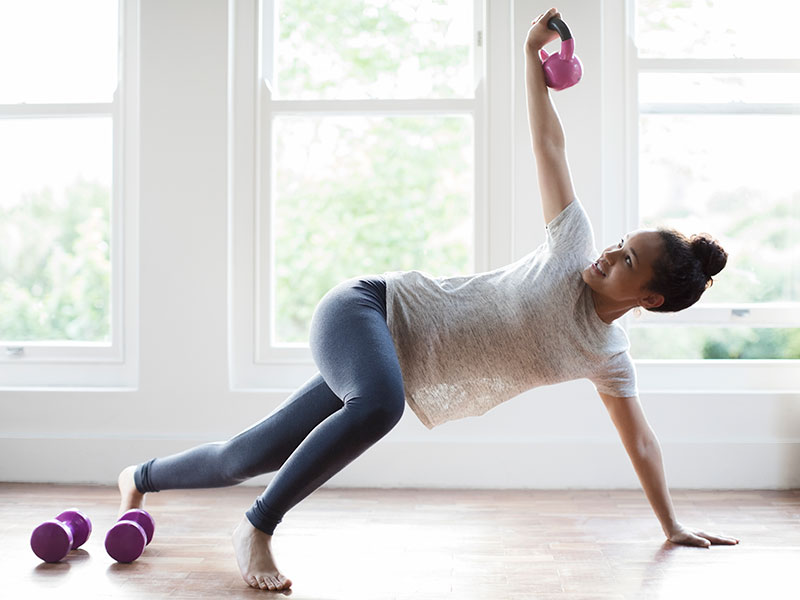
Another one that's a no-brainer but important nonetheless. "Exercise and an active lifestyle are crucial to heart health. Walking is a great way to start if you haven't been doing much activity," Haythe says. "Aerobic activities like brisk walking, jogging, cycling, swimming, etc., are ideal for cardiovascular fitness. Always check with your doctor if it is safe to start an exercise program." She recommends trying to up your routine to four to five times a week for 30 to 45 minutes.
3. Visit Your Doctor

When was the last time you went for a checkup? Uh huh, we thought so. Haythe recommends going once a year for screening tests. By seeing your doctor regularly, you can gain a better understanding of your body and any health concerns (and not just limited to heart health, either).
4. Quit Smoking

Kick that habit, and avoid any drugs, too. "Quitting smoking is probably the best thing a smoker can do for their health. Drugs like cocaine and heroin are toxic to the heart and can result in sudden death," Haythe says. According to the American Heart Association, smoking is a major cause of cardiovascular disease; it also lowers the level of "good" cholesterol and raises heart rate.
5. Drink Less

You don't have to opt out of happy hour or a night out at the bar with friends; just consume in moderation. Heavy drinking can lead to high blood pressure, heart failure, and increased calorie intake. "Alcohol in moderation is acceptable, though alcohol is a known direct cardiac toxin and can produce a heart failure syndrome in heavy users. I advise patients with heart conditions to seriously limit alcohol and stop all illicit drugs," Haythe says.
6. Get Moving

A 2017 study found that sitting for long periods of time could put you heart at risk for early death, no matter how much you work out. "Sitting all day at a desk doesn't allow for the heart rate and blood pressure variability that is important for heart health," Haythe says. "So if you have a desk job, make a point of getting up at least once an hour and walking around."
7. Go to Sleep

Haythe says this is crucial for overall health, too.The CDC says that adults who sleep fewer than seven hours a night are more likely to have health problems, which raises the risk for heart disease, heart attack, and stroke.
8. Try Meditation

Or any other form of self-care that will help reduce stress. "Anxiety and stress are detrimental to the heart," Haythe warns. "Anxiety increases the levels of stress hormones circulating in the blood stream and leads to elevations of heart rate and blood pressure. Severe stress can even lead to a heart failure syndrome known as stress cardiomyopathy. Depression and anxiety should be treated, and I advise patients lower stress with activities like meditation and yoga."
9. Go to Your Dentist
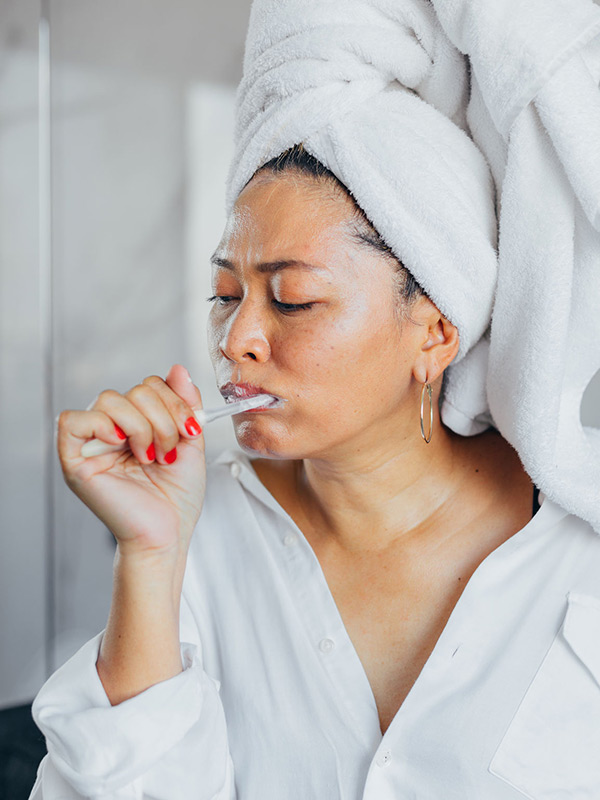
Yes, your oral health can also have an effect on your heart. "Studies have shown that the inflammation associated with gum disease and periodontal disease increases the risk of heart disease. Getting your teeth cleaned twice a year lowers the risk of heart disease. Make an appointment with your dentist!" Haythe recommends.
Next up: 8 Foods Cardiologists Want You to Eat—and 5 You Should Avoid
This article was originally published at an earlier date and has since been updated.
This article is provided for informational purposes only and is not intended to be used in the place of advice of your physician or other medical professionals. You should always consult with your doctor or healthcare provider first with any health-related questions.
Sarah is lifestyle writer and editor with over 10 years of experience covering health and wellness, interior design, food, beauty, and tech. Born and raised in Los Angeles, she attended New York University and lived in New York for 12 years before returning to L.A. in 2019. In addition to her work at Who What Wear, she held editor roles at Apartment Therapy, Real Simple, House Beautiful, Elle Decor, and The Bump (sister site of The Knot). She has a passion for health and wellness, but she especially loves writing about mental health. Her self-care routine consists of five things: a good workout, “me” time on the regular, an intriguing book/podcast/playlist to unwind after a long day, naps, and decorating her home.
